צילום: יהודה רוזן 058-50-90-222
Ultra-Orthodox protesters confronted Israeli police Monday in a Jerusalem neighborhood that’s under renewed lockdown because of a new surge in coronavirus cases.
About 400 people protested in Jerusalem’s Romema neighborhood. Some clashed with police, and a large pile of trash was set on fire.
As Israel grapples with a spike in coronavirus cases, it has begun to impose restrictions on selected towns and neighborhoods with high infection rates.
Many of these areas are ultra-Orthodox and residents there say they are being unfairly singled out.
Ultra-Orthodox men and boys in Jerusalem staged protests against government lockdowns for the third evening in a row on Monday, with police arresting 16.
Dozens gathered at the entrance to the Romema neighborhood, chanted slogans against police forces and the government and burned dumpsters.
Some kicked burning dumpsters on wheels toward Border Police forces, who, in some cases, kicked them back.
On Friday, lockdowns went into effect in select neighborhoods in five cities, including Haredi enclaves in Jerusalem and Beit Shemesh. The government had also previously sealed off the ultra-Orthodox West Bank settlement of Beitar Illit, and ultra-Orthodox neighborhoods in Ashdod.
On Saturday, 10 people were arrested as ultra-Orthodox demonstrators clashed with police. Hundreds of protesters blocked the intersection of Yirmiyahu and Shamgar streets, and threw stones, eggs, and other objects at officers who were responding to the situation, the Israel Police said in a statement. Some of the protesters tore down police barricades that had been set up to enforce the lockdowns, the statement said.
On Sunday, at least two more people were arrested, as hundreds of ultra-Orthodox Jews set trash cans on fire and knocked down barriers to protest the closures.
Meanwhile, Channel 13 reported Monday that unauthorized home coronavirus tests were becoming a hit in ultra-Orthodox areas, and were being used as a tool to evade government-mandated quarantines.
Even though the kits have an estimated accuracy of just 75 percent, various ads in recent days call on Haredi people to get tested using them, with a promise not to inform authorities if the result is positive, the report said.
The kits are being sold en masse for some NIS 200 ($58) apiece, it added.
Earlier Monday, ultra-Orthodox lawmakers demanded that Prime Minister Benjamin Netanyahu work to stop what they called biased and selective enforcement of public health regulations that unfairly targets their community.
MKs from the ultra-Orthodox Shas and United Torah Judaism (UTJ) parties met Netanyahu alongside Health Minister Yuli Edelstein and Public Security Minister Amir Ohana, following days of complaints and even threats by some lawmakers that they could bolt the coalition.
“Discrimination is being enforced against the ultra-Orthodox community,” Shas head and Interior Minister Aryeh Deri said at the meeting, according to a statement his office released on Monday afternoon. “I call on the prime minister and the public security minister to work for equal enforcement.
“A closure carried out without any aid package does not achieve its goal and harms the entire public,” he said, referring to the recent closures of several ultra-Orthodox neighborhoods in Jerusalem and Beit Shemesh.
During the height of the first wave, the cities of Beit Shemesh, Elad and Modiin Illit each had more active cases than Tel Aviv, the country’s second-largest population center. In April, the ultra-Orthodox city of Bnei Brak was put under a closure order, as were several predominantly Hasidic neighborhoods in Beit Shemesh.
In a statement after Monday’s meeting, UTJ said that “imposing a closure on ultra-Orthodox population concentrations is evading responsibility. This is a behavior that harms the public and is not effective in combating the coronavirus. Our demand is for action to be transparent and egalitarian, and to remove sectarian closures.”
The current approach, the party said, was “unjustified, disproportionate, tainted with selective discrimination and undermines public trust in the system.”
According to UTJ, Edelstein replied that his ministry would “work to fix this.”
In a statement, the Prime Minister’s Office said that prior to future closures, consultations would be held with representatives of the ultra-Orthodox community, and, if possible, command centers would be opened in the affected communities themselves.
“I asked to meet here to hear from you and so that we can address your distress; I know it is real and it touches our hearts,” Netanyahu said. “We want to help, no one wants to be harassed… and I am open to listening.”






